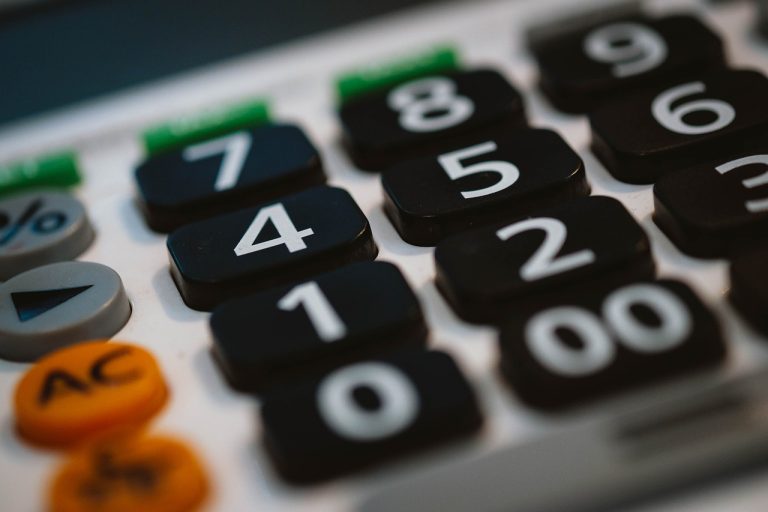With debt levels rising steadily, most of us have limited means to pay everything off. One of those means is debt consolidation.
It’s often referred to in the news, but what is it? How can it help? Should you consider debt consolidation if you’re having trouble managing debt?
What is debt consolidation?
Debt consolidation is when you combine debt into one single payment. You essentially collect all your debts together and pay them all off at once using another form of borrowing.
For example, paying off all your credit cards with a 0% credit card is a form of debt consolidation.
Instead of juggling payments for several cards, you have one payment on a single, larger amount.
It can save money in some circumstances and make debt easier to visualise and pay off.
Should you consolidate debt?
There are a few things to know first before applying for more debt.
- Not all debt can be consolidated. Debt like rent, utilities or council tax cannot be consolidated. It’s mainly consumer debt like credit cards, store cards, payday loans and that kind of thing.
- You stand the best chance of being able to consolidate before you miss a payment, while your credit score is still in good condition.
- Careful research needs to be done first to make sure it’s the right solution to the issue. Consolidation can help in many situations but it isn’t for everyone, or every type of debt.
Like anything to do with finances, do your research, crunch the numbers and seek advice if you need it.
It will only work if it’s the right solution to your particular problem and only if the root cause of that problem has already been addressed.
How to consolidate debt
You may have several options open to you if you decide to consolidate. Whichever method you choose, the process is largely the same.
Acquire sufficient funds to pay off most, if not all, your debt at a lower rate or more manageable term.
Manage your finances so you always have money to pay the debt and prioritise paying it off as quickly as you can.
That’s generally all there is to it. But, as always, it’s much easier said than done!
You can:
Consolidate credit cards with a 0% card
If you have card debt, opening a 0% credit card and using that to pay them all off can be an effective way to get ahead.
Pay off all your cards and use all the money you were paying them with to pay off your new 0% card.
Pay it off as quickly as you can without getting into more debt. Ideally before the 0% period is up. If you do go over the 0% period, apply for another card, rinse and repeat.
Personal loan
Using a personal loan is another popular way to consolidate debt. Borrow enough to pay everything else off and you’ll have one predictable amount to pay each month.
Some loans allow you to overpay. If yours has this facility, use it if at all possible, to save money on interest.
Repaying a loan also helps rebuild credit should you need it, which is a useful side-effect.
Secured loan
Secured loans are linked to your home so should only be used if you have no other choice. Otherwise it’s the same process as with a personal loan.
Borrow enough to repay everything and pay the loan each month until it’s gone. Again, if your loan has flexibility, overpay where possible to lower the cost of interest over the term.
Debt Management Plan
Debt Management Plans are managed by third parties and should be one of the options of last resort.
If you cannot use other means to pay off debt, a Debt Management Plan can help. It’s a formal process that collects all your debts into a single package, with a single payment.
There are fees though.
Debt Relief Order
Debt Relief Orders are also a last resort. This is a step short of bankruptcy where a third party helps manage your debt. Everything is frozen for a year to give you breathing space.
If you can afford to begin repaying, great. If you can’t, the debts can be written off.
There is usually an impact on your credit score with this option, especially if your debts are written off.
IVA
An IVA, Individual Voluntary Arrangement, is also a last resort for those who owe more than £6,000 to two or more creditors.
It’s a formal process managed by a third party that also has some control over your spending. It’s not an ideal situation but is designed to help those most in need.
You should know that there are implications for your credit history with an IVA as it stays on your report for 6 years.
Debt consolidation
Debt consolidation can be a good idea if you lose track of who you owe or find multiple payments confusing.
You do need to perform some research and make sure it’s the right solution for your debt and your needs. But, if you do decide to do it, consolidation can make managing debt a whole lot easier.

